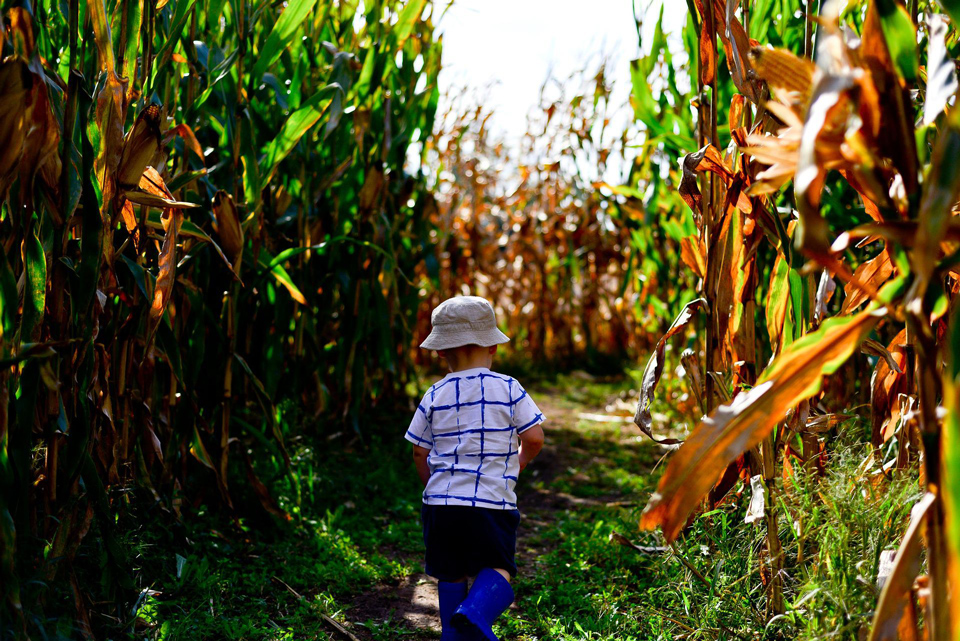Every single child, parent, carer, family, professional, school and situation is different. This gives a rich tapestry of views and perspectives you will encounter with and about your child with dual or multiple exceptionality (DME). Some of these will be positive, some will not be so positive and some will be major hurdles for you and your child to overcome in the months and years ahead.
Some of you may have just started out on your child’s DME journey. Others may have a young child with DME. You may be focusing on the here and now and not thinking about the future for your family at all. Notwithstanding, as your child grows older, they will become more and more independent until, finally, they will fly the nest and leave home to go to college or university, or to work or travel or take advantage of the infinite number of opportunities that will be on offer when they are ready to leave home.
No matter the age of your child, what are the kinds of practical things you can start doing now to help them to navigate the maze ahead? Here is a personal list of the top ten practical things you could consider to help lay the foundations for your child‘s future and boost their resilience, self-confidence and ability to cope with what lies ahead. Your own list could also include skills related to your child’s abilities and areas of struggle as well as their personal circumstances.
- Financial skills. Financial skills like budgeting, setting up and managing bank accounts and paying bills are the kinds of skills everyone needs. Bright children often love real world challenges and can be encouraged to develop financial management skills from a young age. Examples include using savings to save up and pay for toys wanted, earning pocket money or budgeting for a family meal for under £5 (even if they do not cook it themselves!)
- Practical house skills. Turning simple chores around the house into a game can be fun when your child is two or three. However, it can also help them to lay foundations for the independent living skills they will need later on. Teach your children how to tidy using nursery principles (all the Lego in one box, the books in another…). Make it fun, with short sharp bursts, possibly even to music (could you create a family sock-sorting song or equivalent?). Make it a family activity or competition to bring the washing down, put clean clothes away or clean a room.
- Discussion skills. The ability to put across your point of view well, is useful for future tasks ranging from going for jobs to debating. It can also help to provide underpinning skills that your child will need in the future, such as turn-taking, listening skills and assertiveness skills: providing abilities, knowledge and interests that can last a lifetime. Why not promote discussion skills by asking your child to collect information and put forward suggestions and pros and cons about where to go on a day out or what activities to do (which are voted upon and the most popular suggestion done together)?; perhaps use de Bonos’s 6 Thinking Hats approach to explore the positives, negatives etc. of an idea or solving a real-life problem as a family; or have fun using some of the techniques and questions listed in our blog 5 More Ways to Challenge Students in Remote Learning.
- Advocacy skills (speaking up for themselves). Giving even young children the opportunity to gain confidence in speaking up for themselves can help them put across their point of view, know how to be assertive positively and give them a range of underpinning skills useful in work, negotiations and dealing with others. You will need to think about those areas on which you are prepared to negotiate and those ‘no go debates’ where negotiation is not an option. Pocket money, should they have it and be able to negotiate an annual increase? Bedtime; is it a non-negotiable? What about when to do homework? In the case of the latter, having a rule which says it must be done by Sunday night but not when or how may be better for some children (especially those who like to be ‘in control’ or in charge) than a non-negotiable ‘homework as soon as you get home’ approach.
- General welfare skills. These could include anything from booking appointments to looking after the welfare of family pets to understanding about insurance. Giving relatively young children simple areas of responsibility will help them to develop some of the skills they need later on in life, including living with the consequences of things not done and problem-solving solutions to everyday dilemmas.
- Basic DIY skills. Some children with high learning potential or dual or multiple exceptionality love taking things apart to see how they work. Some even like putting them back together! Learning practical DIY skills like rewiring a plug, putting a screw in a wall or even putting together flat pack furniture (safely and with appropriate support of course!) will increase their confidence in this area. Some organisations linked to the Maker Movement offer classes in craft and tech skills for children and young people. Often there is a charge for this but organisations such as The Potential Trust can provide bursaries for children from lower income families to help towards the cost.
- Cooking skills. Children are never too you or old to watch adults bake or to get involved in aspects of cooking for the family. Young children can get great pleasure out of both preparing food and seeing others eat it. It is a passion which can lead to a lifetime of pleasure. Even young toddlers can benefit from sensory play such as playing with flour and water mixtures, kneading bread or mixing cake and you never know where these skills will one day lead; perhaps a Michelin starred restaurant of their own!
- Accommodation skills. The skills your child will need relating to their future housing include things like how to look for accommodation options, how to evaluate location against what they can afford, understanding about rent and mortgages (and looking at what kind of tenancy would be best for them), budgeting, how to furnish accommodation and how to read gas and electricity meters. These kind of skills can be learnt through shadowing adults going through the process, doing a theoretical activity on paper or even watching and discussing the options explored in some of the property programmes on television.
- Problem solving skills. Teach your child that there are solutions to every problem (even if they don’t like the solution), encouraging them to develop ‘Plan Bs’ to enable them to cope with changes to agreed plans or unforeseen circumstances. Developing critical and creative thinking skills are important to help them cope with setbacks or problems. Giving your child these skills can be done on lots of different levels from debating theoretical problems to discussing real-life situations to playing critical and creative thinking games. If every problem has a solution, giving your child the confidence to tackle the hardest problems will set them up for life.
- When things don’t go according to plan, gifted children and those with DME (especially the perfectionists) can sometimes throw in the towel and give up. Improving their resilience or bounce back ability can have a positive impact on their health and wellbeing. A growth mindset can help, where mistakes are seen as opportunities to learn and not areas of failure. Our blog 10 Questions about Mindset and High Learning Potential can help you get started on understanding how to promote a positive mindset.
Although it may not seem like it, the time in which we are all currently living is a really exciting one for children with high learning potential or dual or multiple exceptionality. Many of the jobs which your child might be doing in the future have not yet been invented. Providing them with underpinning skills like those on the list above, along with other skills development through the Skills Builder Framework, their own abilities, drive and determination, coupled with the support they need to strengthen their areas of struggle, may all help to give them the confidence they need to navigate the maze ahead.
About the author: Denise Yates has worked in education and training for over thirty-eight years to enable all individuals to maximise their potential. For ten years. Denise was CEO of Potential Plus UK which she left in 2017 to pursue her passion, which could be summarised as ‘hidden potential’: children and young people with DME, those with mental health problems and those who have been failed by the system, for whatever reason. Denise is currently a Board member of The Potential Trust, Nisai Education Trust and Potential In Me. She is also an adviser with Citizens Advice in her local area. In 2020, with Adam Boddison, she wrote The School Handbook for Dual and Multiple Exceptionality. Her second book, Parenting Dual Exceptional Children was published by Jessica Kingsley Publishers in March 2022. @DeniseYates_
Glossary
Potential Plus UK uses the term ‘high learning potential’ to mean the same as the terms ‘gifted’ ‘gifted and talented’, ‘exceptional’, ‘more able’, ‘most able’ ‘high ability’. For a full explanation see our page High Learning Potential
The term ‘dual or multiple exceptionality’ (DME) describes individuals who have both high learning potential alongside another condition (or conditions) that can hinder their learning (special educational need – SEND; disability; neurodiversity; mental health issue). This term is known as twice-exceptional (2e) in some countries. For more information about dual or multiple exceptionality, visit the DME Trust.
The Skills Builder Framework helps children and young people to develop essential life skills for success in the 21st century. It shows how you can build in the essential skills of Aiming High, Creativity, Leadership, Listening, Problem Solving, Speaking, Staying Positive and Teamwork at every stage of life.






